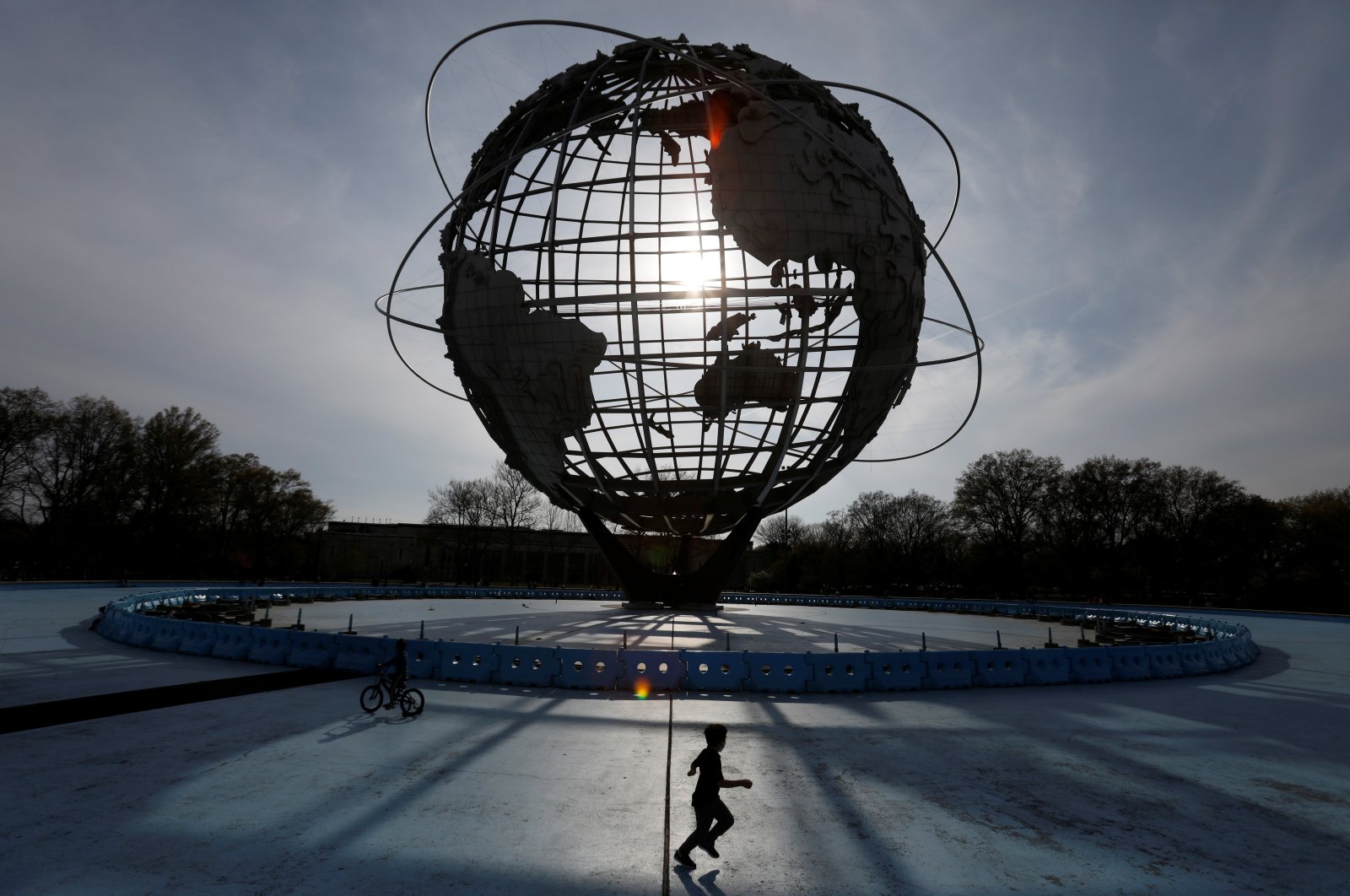In this rapidly evolving world, marked by increasing globalization, the Bahá’í teachings present a profound and transformative perspective on the inevitable transition towards global unity. This exploration delves into the essential principles espoused by the Bahá’í Faith, examining the philosophical underpinnings that suggest such a transformation is not only desirable but essential for the survival of humanity.
At the heart of Bahá’í teachings lies the fundamental axiom of the oneness of humanity. This principle posits that regardless of race, nationality, or creed, all individuals are inherently equal and interconnected. In an era characterized by socio-political strife and economic disparities, this tenet serves as a clarion call for collective evolution. The recognition of common humanity cultivates empathy and paves the way for collaborative efforts towards sustainable development and peace.
The notion of global unity, however, is often met with skepticism. Detractors argue that cultural variances and historical animosities render such unity improbable. Yet, Bahá’í philosophy counters this viewpoint, elucidating the concept of “unity in diversity.” This principle acknowledges the rich tapestry of cultures while promoting a harmonious coexistence. Diversity should be viewed not as a hindrance but as an enriching element that enhances the potential for communal advancement and solidarity.
Another critical aspect of Bahá’í teachings is the emphasis on the importance of education. Education serves as a catalyst for societal transformation. The Bahá’í community advocates for universal access to education, recognizing it as a vital tool for fostering a globally conscious citizenry. An educated populace is imperative to dismantling prejudices and erecting bridges of understanding. As individuals become more knowledgeable and aware, the likelihood of fostering global unity increases exponentially.
Furthermore, the Bahá’í teachings highlight the significance of consultation as a means of collective decision-making. In a world rife with discord, the practice of consultation encourages open communication and collaborative problem-solving. This process engenders a spirit of mutual respect and understanding, thereby enhancing the functionality of communities at local and global levels. When individuals engage in sincere and respectful discourse, they cultivate a culture that prioritizes consensus over conflict.
The pursuit of justice is also paramount within the Bahá’í framework. Justice, as articulated in these teachings, is not merely a passive state but an active, dynamic endeavor. It demands equitable distribution of resources and opportunities, as well as the dismantling of systemic inequalities that hinder progress. This unwavering commitment to justice is indispensable for realizing global unity. A world where individuals are treated fairly is a world more likely to unite in common purpose and shared ideals.
Moreover, the urgent call for environmental stewardship is echoed in Bahá’í writings. The interconnectedness of humanity extends to our relationship with the planet. Sustainability is not merely an environmental imperative but a moral obligation. The Bahá’í teachings assert that the neglect of ecological concerns poses a significant threat to global unity. Recognizing our collective responsibility towards the Earth galvanizes individuals to unite in action, cultivating a sense of shared destiny.
In exploring the effects of technology, the Bahá’í perspective acknowledges both its potential and pitfalls. While technology serves as a formidable tool for connectivity and knowledge dissemination, it can also exacerbate divisions if misused. The teachings advocate for the ethical application of technology to promote global unity. By harnessing technology responsibly, humanity can facilitate communication and collaboration across boundaries, fostering an environment conducive to collective advancement.
Inextricably linked to these themes is the role of a global governance structure that reflects the principles of the Bahá’í Faith. The vision of a World Parliament, comprising representatives from all nations, encapsulates the pursuit of peace and stability through cooperative governance. Such a framework would enable the establishment of laws that uphold justice, defend human rights, and allocate resources equitably. The realization of such an ideal may seem distant; however, the growing call for transnational cooperation signifies a shift towards this vision.
Despite the challenges that loom large, the Bahá’í teachings proffer a hopeful outlook. The transformative potential of the human spirit, combined with our capacity for innovation and adaptation, fuels the belief that global unity is not merely a utopian dream but an achievable reality. The signs of an emergent global consciousness are palpable; movements advocating for social justice, environmental protection, and human rights demonstrate an awakening that transcends geographical boundaries.
As humanity stands on the brink of monumental change, the question remains: Is global unity a certainty? The Bahá’í teachings affirm that through sustained efforts grounded in love, compassion, and collective responsibility, such unity is indeed attainable. An awareness of our shared humanity, coupled with the principles of justice, education, and equitable governance, forms the bedrock of a united global society. As we navigate the complexities of the modern world, the teachings of the Bahá’í Faith illuminate a pathway towards a future where cooperation and understanding prevail, leading ultimately to the inevitable transformation envisaged.
In conclusion, the Bahá’í Faith offers not just a philosophical framework for understanding the dynamics of global unity but also a practical guide for action. By embodying the principles of oneness, justice, and consultation, we are invited to actively participate in the co-creation of a world characterized by peace and unity. The transformation of global society may be inevitable, but it requires the concerted efforts of individuals committed to the ideal of a harmonious, interconnected world.
